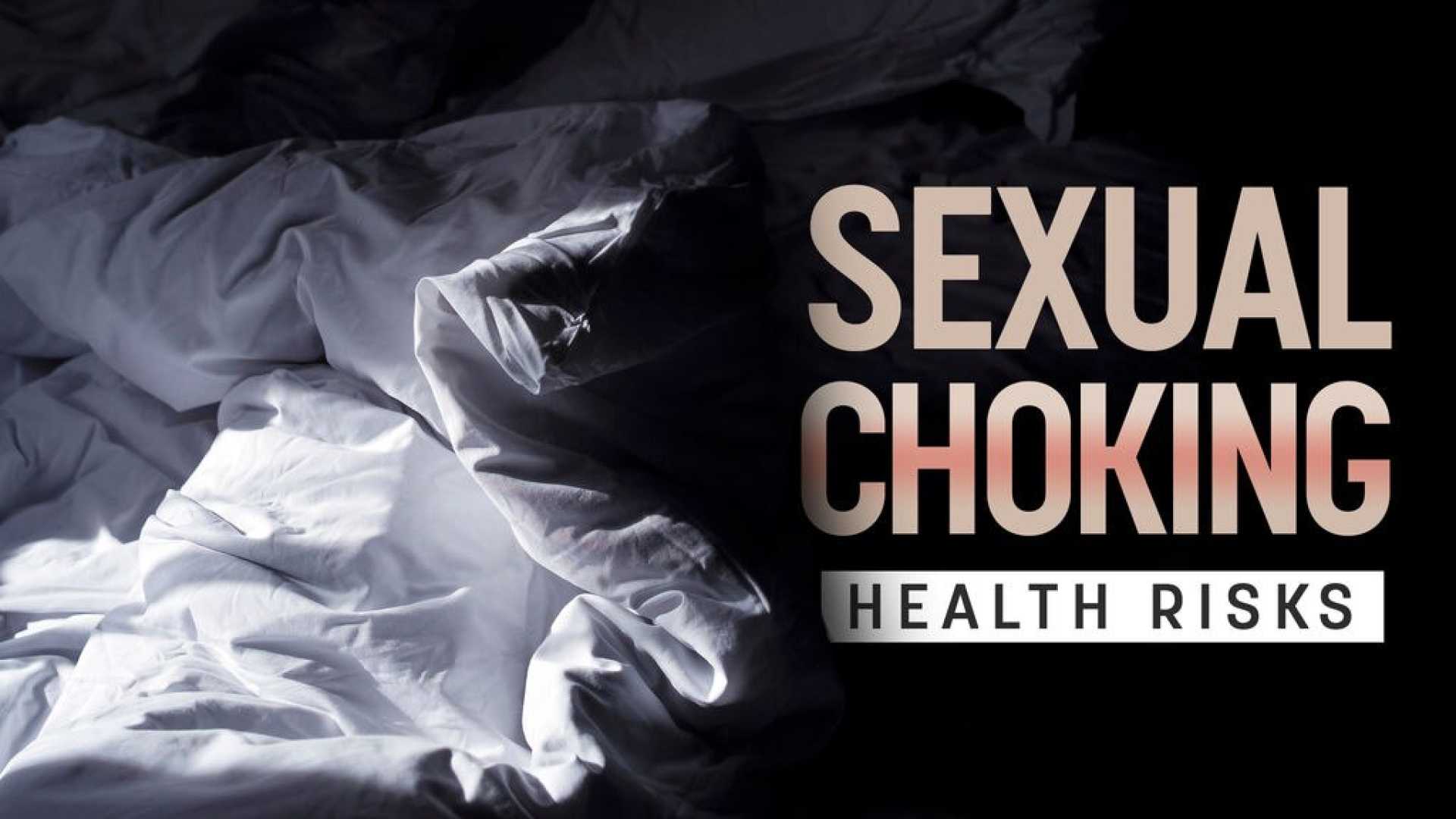Health
The Rise of Sexual Choking Among Young Adults and Its Associated Risks

A recent study has shed light on a concerning trend among young adults in the United States — the increasing prevalence of sexual choking during intimate encounters. A report from Vox highlights this phenomenon, its roots in popular culture, and the significant health risks it poses.
The research, led by Debby Herbenick, a prominent sexuality researcher at Indiana University, reveals that approximately 65 percent of young adult women and 45 percent of transgender and gender non-binary individuals have experienced choking during sexual activity. This alarming statistic draws attention to the normalization of the practice, influenced by its portrayal in modern media including music, television, and social platforms.
Experts, including physicians and public health officials, caution against the health consequences of this practice. Although colloquially referred to as “choking,” it is technically classified as strangulation — a practice associated with risks such as strokes, brain injuries, and even fatalities. Debby Herbenick emphasizes that “there is no risk-free way to engage in choking or strangulation,” highlighting the potential for significant short- and long-term health implications.
Pornography is frequently cited as a source where many young people learn about sexual choking. Additionally, social media platforms such as TikTok, alongside publications and fanfiction, contribute to spreading the practice. One Direction fanfiction, for example, included depictions of band members engaging in acts like choking, further entrenching these behaviors in the realm of normalized sexual conduct.
The risks of sexual choking go beyond immediate physical dangers, as they often create a perilous environment regarding consent. Loss of consciousness or the ability to communicate effectively during the act can invalidate genuine consent, raising legal and ethical concerns around assault.
Healthcare professionals are now calling for better awareness and education efforts to inform the public of the practice’s dangers. “The best health-related medical advice is, don’t do it,” advocates Herbenick, urging young adults to seek safer alternatives for intimacy that do not involve such high-risk activities.
Parents and educators are encouraged to engage in open discussions with young adults about sexual practices and their potential consequences. The Centers for Disease Control and Prevention (CDC) has previously addressed a similar phenomenon known as the “choking game,” which involved asphyxiation for a high. Experts suggest a similar approach in addressing sexual choking to prevent unnecessary harm.












